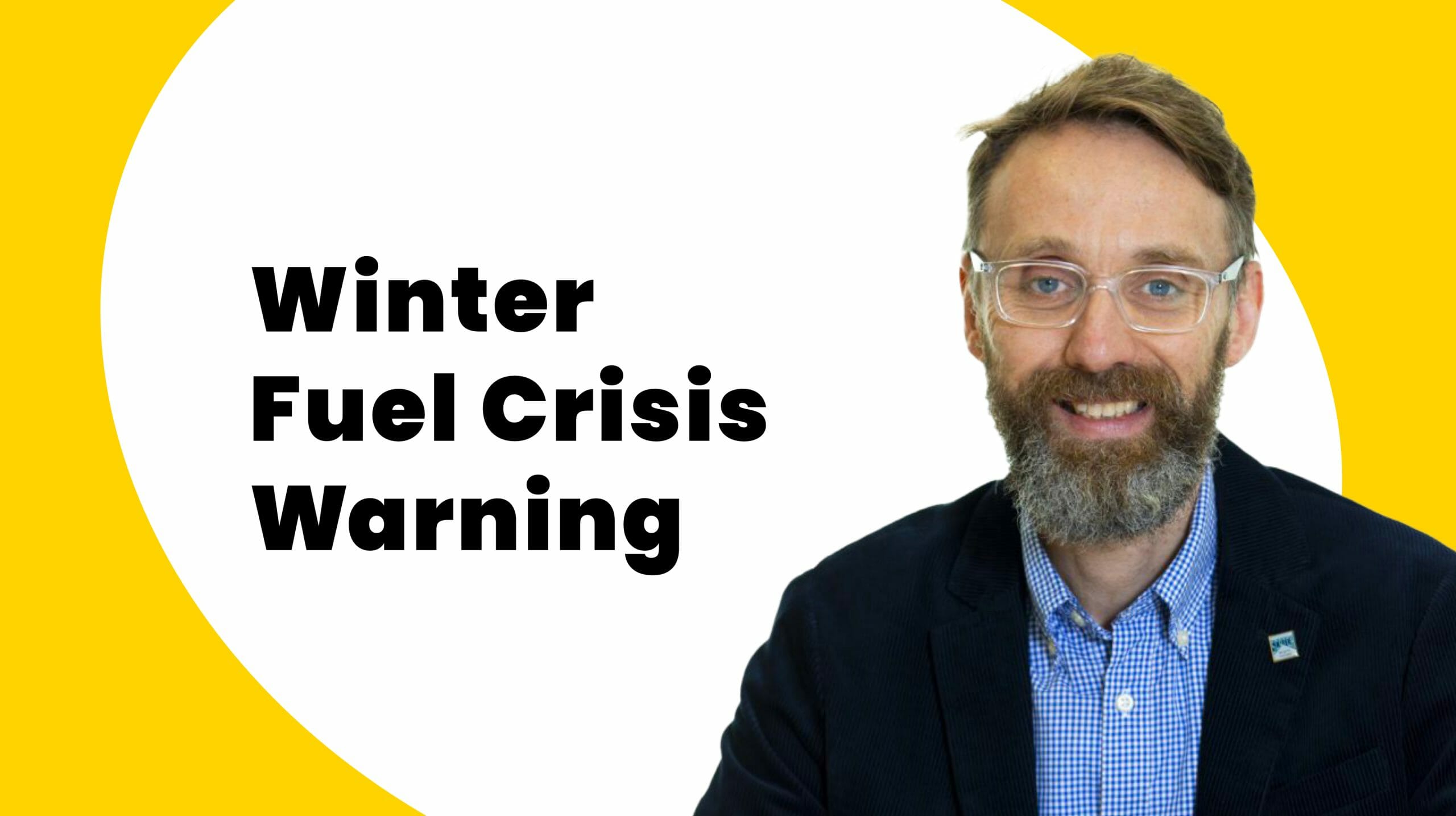Speaking at the Select Committee inquiry, Mr Cole said: “Many people are also still paying off debt accrued from last year. Throw in further high energy bills this winter and the results for millions of households already in fuel crisis could be catastrophic.”
Mr Cole urged the Government to help those most in need by repeating the Energy Bill Support Scheme* (EBSS), but only making it available to specific vulnerable groups.
“Although we appreciate that many UK households were concerned about how they would afford their spiralling energy bills last winter, the EBSS should have been targeted at those who particularly struggle to keep warm, such as the disabled, low-income, homes with higher heating costs, as this is where the greatest impact of the subsidies would have been felt, rather than being given to everyone, many of whom didn’t need the financial support.
“As well as being more targeted, the EBSS payments should also match the need, rather than being split equally each month. Energy usage is higher in January than in October, for example, meaning a higher payment in January would be more beneficial.
“The logistics of how payments are provided, especially to those with prepayment meters, also needs to be addressed, as this was a major flaw in the system last time, with millions of PPM customers missing out. Ideally, credit should automatically be applied to the meter, rather than the onus being on the customer to do it, as this can be problematic for people with a physical or mental disability.”
Mr Cole said that whilst some energy suppliers have improved customer service, there is a general need to raise standards across the industry, particularly in respect of being proactive when dealing with vulnerable customers.






